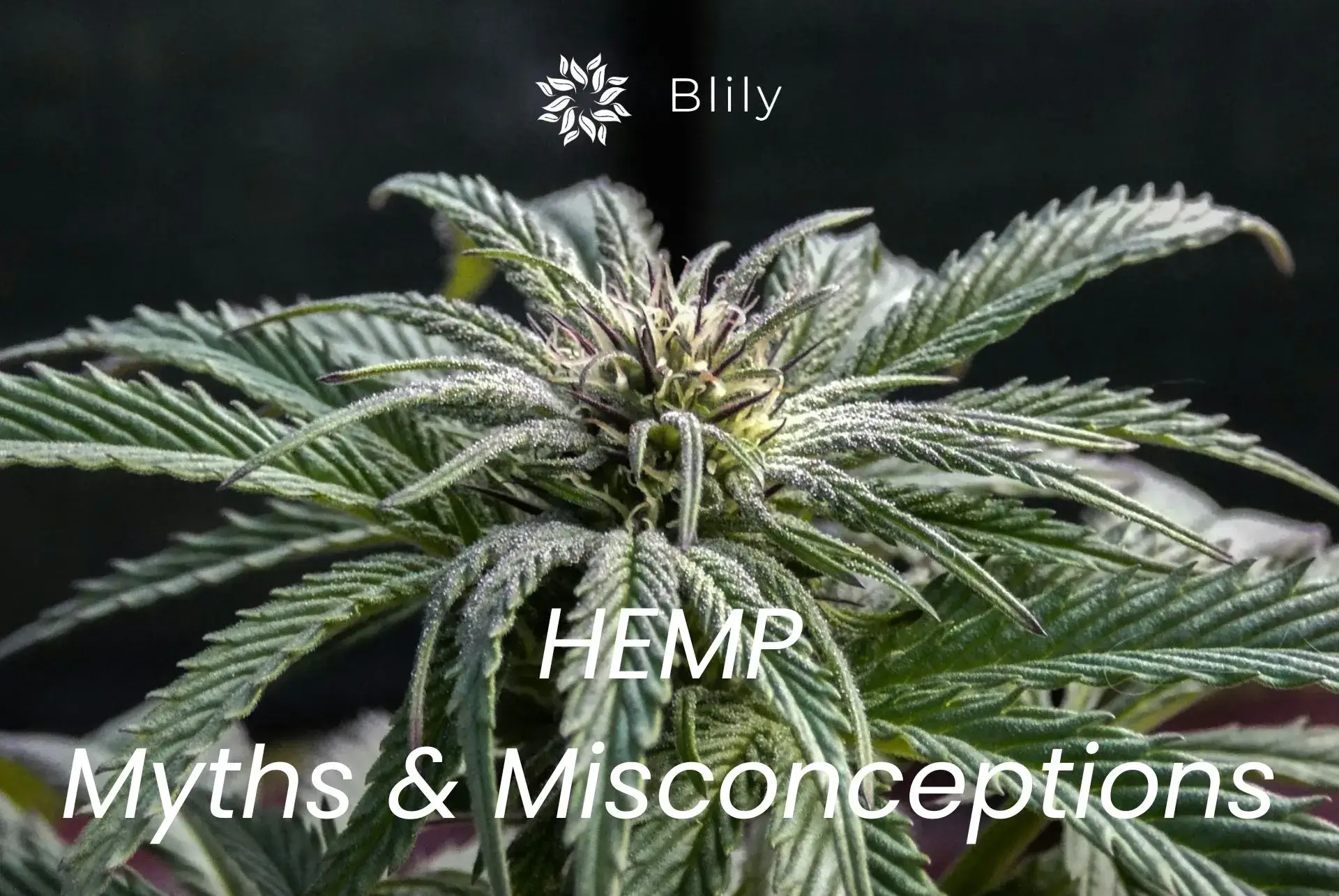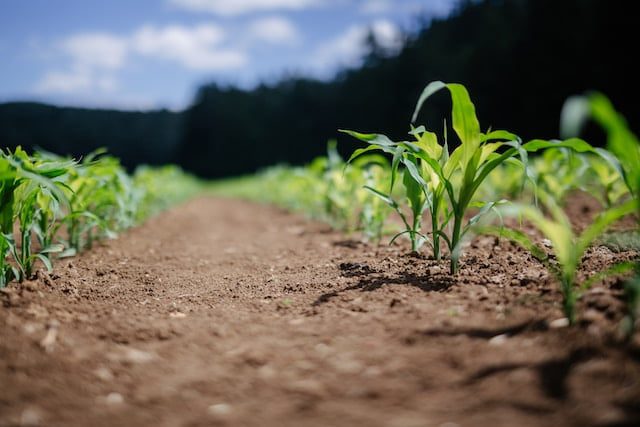Tanace Organics Pvt. Ltd

Debunking Hemp Myths: Unveiling the Truth Behind Misconceptions
In today’s health-conscious world, hemp has emerged as a topic of intense debate, surrounded by myths and misconceptions. As interest in hemp continues to grow, so too does the need to separate fact from fiction. In this comprehensive exploration, we delve deep into the world of hemp to uncover the truth behind the Hemp myths that have clouded its reputation. From debunking common misconceptions to shedding light on its numerous benefits, join us on a journey to discover the real story behind hemp and its potential to revolutionize industries and improve lives. However, amidst all the noise, it’s crucial to separate hemp facts from fiction and uncover the truth about hemp.
Table of Contents
Does Hemp get you high?
One of the most persistent Hemp myths surrounding hemp is the notion that it induces a euphoric high akin to marijuana. However, this belief stems from a fundamental misunderstanding of the plant’s chemical composition. Unlike marijuana, which contains high levels of THC (tetrahydrocannabinol), the psychoactive compound responsible for the “high” sensation, hemp contains only trace amounts of THC. In fact, hemp typically contains less than 0.3% THC, a negligible amount that is insufficient to produce any psychoactive effects. Therefore, consuming hemp does not result in intoxication or impairment, making it a safe and non-psychoactive option for various applications.
Hemp is Illegal: A Common Misconception
Despite its widespread use and numerous benefits, hemp has long been plagued by misconceptions regarding its legality. For years, hemp was erroneously lumped together with its psychoactive counterpart, marijuana, leading to its classification as a Schedule I controlled substance. However, the landscape changed dramatically with the passage of the 2018 Farm Bill, which legalized the cultivation and production of industrial hemp nationwide in the United States. This landmark legislation not only recognized the distinction between hemp vs marijuana but also opened the doors for the hemp industry to thrive and innovate. Although there is only one state in India that has legalized the cultivation of hemp that is Uttarakhand.
Hemp is Not Nutritious: Debunking the Hemp Myths
Contrary to popular belief, hemp is a nutritional powerhouse packed with essential nutrients vital for overall health and wellness. Hemp seeds, in particular, are rich in protein, providing all nine essential amino acids necessary for bodily functions. Additionally, they are an excellent source of omega-3 and omega-6 fatty acids, essential for heart health and brain function. Furthermore, hemp seeds contain fiber, vitamins, and minerals, including magnesium, phosphorus, and zinc, making them a valuable addition to any balanced diet. With its impressive nutritional profile, hemp stands as a testament to the power of plant-based foods in promoting optimal health.
Hemp is Bad for the Environment: Dispelling the Misconception
Contrary to popular belief, hemp is actually beneficial for the environment. Unlike many conventional crops that require extensive pesticide use and deplete soil nutrients, hemp is naturally resistant to pests and thrives in diverse climates with minimal water and fertilizer inputs. Furthermore, hemp has a remarkable ability to absorb carbon dioxide from the atmosphere, making it a valuable tool in mitigating climate change. Additionally, hemp cultivation can help reduce deforestation by providing a sustainable alternative to wood-based products. Overall, hemp holds great promise as an environmentally friendly crop with the potential to promote ecological sustainability.

Hemp is NOT a Gateway Drug: Debunking the Myth
One of the most persistent misconceptions surrounding hemp is the unfounded notion that it serves as a gateway drug, leading individuals down a path towards substance abuse. However, extensive research has consistently refuted this claim, finding no evidence to support the idea that hemp use increases the likelihood of experimenting with other drugs. In fact, many people utilize hemp as a natural alternative to traditional medications for managing pain, anxiety, and other health conditions, demonstrating its potential as a safe and effective therapeutic option. It’s time to dispel this harmful myth and recognize hemp for its myriad benefits.
Is Hemp Safe?
Concerns about the safety of hemp have arisen due to its association with marijuana and misconceptions surrounding its psychoactive properties. However, numerous studies have affirmed the safety of hemp consumption. With its low levels of THC, hemp does not induce intoxication or impairment. In fact, hemp is considered safe for consumption by people of all ages and backgrounds.
Moreover, stringent regulations govern the cultivation and production of hemp products to ensure purity and quality. When sourced from reputable suppliers, hemp and its derivatives, such as CBD, offer a safe and natural option for various health and wellness needs.
The Hemp Truth : Unveiling Its Potential
Amidst the swirl of myths and misconceptions, it’s imperative to uncover the truth about hemp. Far from being a menace, hemp is a versatile plant with a multitude of benefits. From its nutritional richness to its eco-friendly properties, hemp stands as a symbol of sustainability and innovation. With its low THC content, hemp offers therapeutic potential without the psychoactive effects associated with marijuana. As regulations evolve and research progresses, the true potential of hemp is being realized, offering hope for a healthier future and a more sustainable planet. It’s time to embrace the hemp truth and unlock its boundless possibilities.
In reality, hemp is a versatile and sustainable crop with a wide range of applications, from textiles and paper to food and wellness products. Its nutrient-rich seeds offer numerous health benefits, while its fiber can be used to create eco-friendly alternatives to traditional materials. As research into hemp continues to expand, we’re discovering even more ways in which this remarkable plant can improve lives and contribute to a healthier planet.

Hemp vs Marijuana: Understanding the Hemp Facts and Differences
While both hemp and marijuana belong to the Cannabis plant family, they differ significantly in their chemical composition and uses. Marijuana contains high levels of THC, the psychoactive compound responsible for its intoxicating effects, whereas hemp contains minimal THC and higher levels of CBD, a non-intoxicating compound known for its therapeutic properties. Additionally, hemp is cultivated primarily for industrial purposes, including textiles, paper, and biofuels, while marijuana is cultivated for medicinal and recreational use. Understanding these distinctions is crucial for dispelling misconceptions and harnessing the unique benefits of both plants.
Conclusion
In conclusion, the journey through the myths and misconceptions surrounding hemp has revealed its true potential as a sustainable, nutritious, and safe resource. By debunking common myths such as its psychoactive effects and legality, we have paved the way for a more informed understanding of hemp. As we look to the future, it’s clear that hemp holds tremendous promise in diverse fields, from agriculture and nutrition to healthcare and environmental sustainability. By embracing hemp and harnessing its myriad benefits, we can create a brighter, healthier, and more sustainable world for generations to come.







